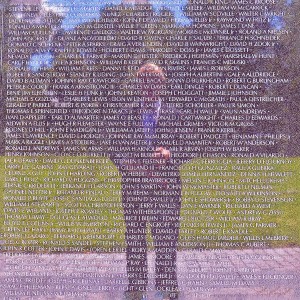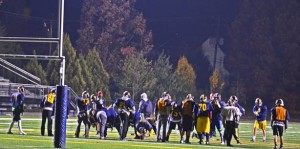We have had another Memorial Day and remembered the sacrifice of the men and women who served this nation.
But we really should be doing a lot more than simply – “remembering them.”
We must do better and demand that our elected and appointed officials “do something.”
My late uncle, Charles Flannery, served in the armed forces led by General Patton when the Allies attacked by way of Sicily, landing on the beaches of Italy.
Charles was shot in the chest, lifted off his feet, spun around, knocked unconscious, and taken prisoner. He returned home quite emaciated.
Years after the war, Charles died in a hospital in the Bronx that, according to my elders, refused to give him more blood, to save him from that earlier chest wound.
Ours was one family, as young as I was, that resented the nation’s unfulfilled promise to our Uncle Charles.
Our nation has been long on promises to vets when leaving our shores to serve our nation abroad, and quite uneven, often indifferent, falling way short to meet their needs, upon their return home broken and damaged by their service at war.
One clear indication of how we are currently failing our service men and women is the statistic that we lose so many soldiers upon their return to suicide. Continue reading


